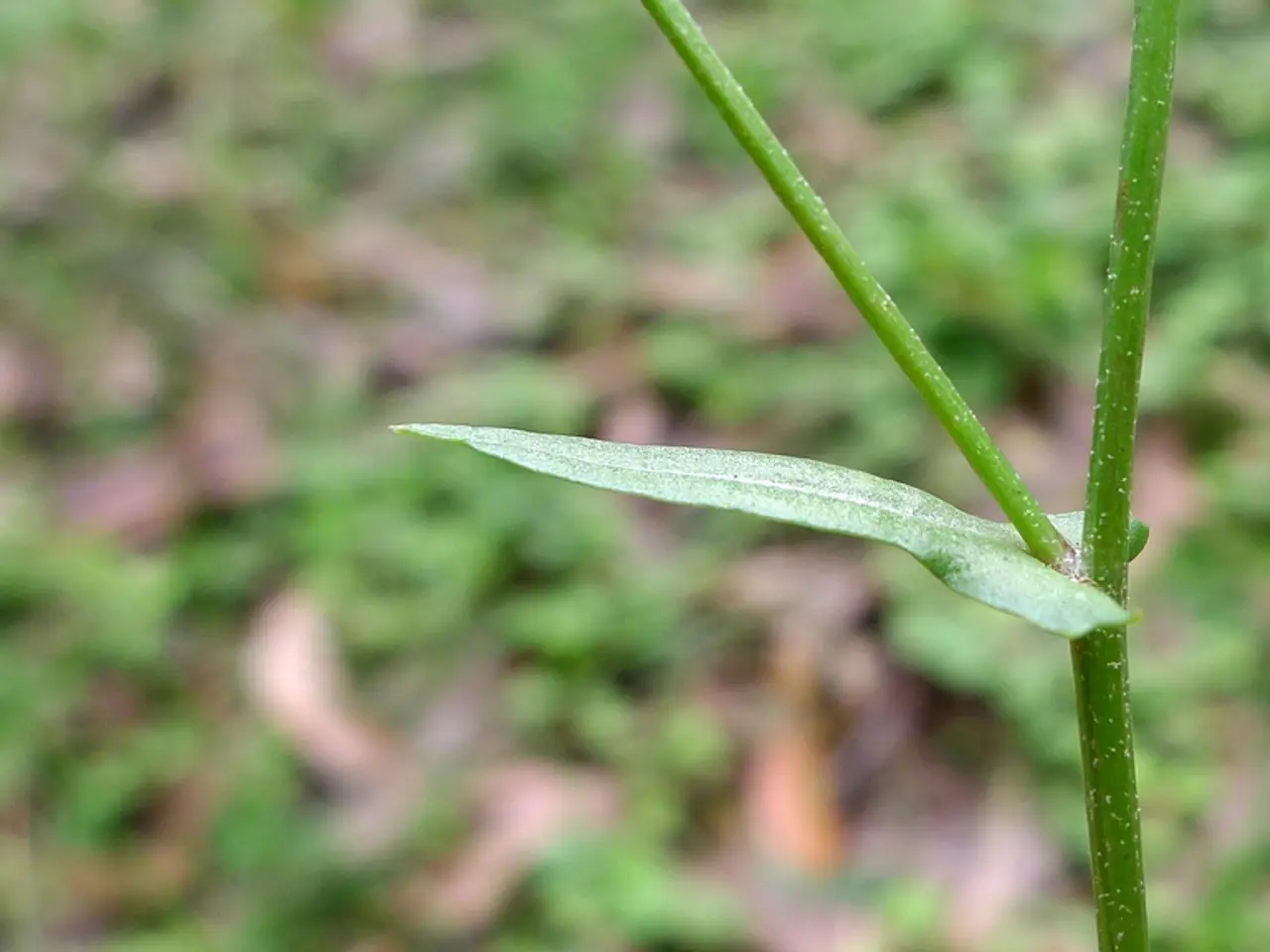Igniting Africa's scientific potential by means of pioneering STEM education, as demonstrated by Intelsat.
In a groundbreaking initiative, global satellite operator Intelsat has selected twelve schools and institutions from Kenya, South Africa, Senegal, and Nigeria to participate in the 2025 Intelsat/MaxIQ Space STEM Program. This pioneering venture aims to equip over 3,000 students with advanced STEM skills, fostering the next generation of African scientists and engineers [1].
The participating schools and institutions, listed below, have been chosen based on their infrastructure, educational vision, and commitment to STEM education [1].
| Name | Country | |-----------------------------------------|-------------| | Kenya STEM Alliance | Kenya | | STEM Center Africa | Kenya | | Green Hills International School | Kenya | | Women in STEAM Initiative | Kenya | | Liftoff Africa | Nigeria | | BLK Robot Project | Senegal | | American Bilingual School | Senegal | | Le Collège Bilingue | Senegal | | Lycée Galandou Diouf | Senegal | | The Delf Nex-Indawo Yethu eCentre | South Africa| | Edunova | South Africa| | La Rochelle Girls’ High School | South Africa|
Each school will receive custom MaxIQ Space xChip kits, designed to provide hands-on learning in satellite technology, data analytics, and systems thinking [1]. Educators have been fully onboarded to deliver high-impact STEM training, and the initiative spans 4–5 months, featuring workshops, experimentation, and immersive learning experiences [1].
Judi Sandrock, Co-Founder of MaxIQ Space, views the Intelsat/MaxIQ Space STEM Program as more than just a single program. She sees it as the start of a network of educators, students, and community leaders who view space science and sustainability as real opportunities [2]. Rhys Morgan, RVP EMEA Sales at Intelsat, shares this sentiment, believing that STEM education has the potential to uplift communities and shape brighter futures in both urban and rural regions across Africa [2].
Intelsat, operator of one of the world's largest integrated satellite and terrestrial networks, believes that this program demonstrates the transformative power of STEM education across Africa. The network of educators, students, and community leaders built by the Intelsat/MaxIQ Space STEM Program views space science and sustainability as real opportunities, not distant ambitions [2].
As the training begins and kits are deployed, Intelsat will continue to share student stories, discoveries, and successes from across the continent [1]. The Intelsat Space STEM Program connects classrooms to the future of satellite innovation while enabling communities to address pressing global challenges like sustainability and digital equity.
- The schools and institutions selected for the 2025 Intelsat/MaxIQ Space STEM Program, such as Kenya STEM Alliance, STEM Center Africa, and Women in STEAM Initiative, have been chosen due to their infrastructure, educational vision, and dedication to STEM education.
- In this program, each participating school will receive custom MaxIQ Space xChip kits that focus on satellite technology, data analytics, and systems thinking, enabling hands-on learning.
- Spanning 4–5 months, the initiative offers high-impact STEM training, featuring workshops, experimentation, and immersive learning experiences, with educators fully onboarded to deliver the program.
- Judi Sandrock, Co-Founder of MaxIQ Space, and Rhys Morgan, RVP EMEA Sales at Intelsat, view the Intelsat/MaxIQ Space STEM Program as more than a single initiative, but rather the start of a network of educators, students, and community leaders who see space science and sustainability as real opportunities.




